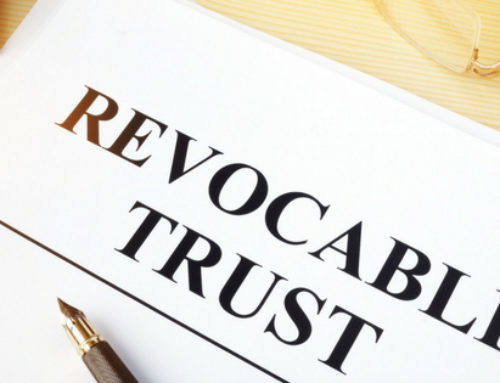Planning your estate requires making the right detailed decisions and it’s easy to overlook the obvious. Read ten facts you need to know about handling your affairs, why it’s necessary to plan early and how an estate planning lawyer can help.
Writing Your Will
Writing your will might seem intimidating, but the truth is it’s quite easy to do. All you need do is make a list of your assets and debts, assess where your final expenses will be, and assign the rest as you see fit!
Cover It All
Many people are surprised to discover that the big ticket items, like property, retirement accounts, life insurance, cars and the like don’t pass through the will but still might go through probate. Be aware of who stands to inherit these items.
Your Retirement Plan
Any retirement plan you have, be it a 401k, 403b or other private account set aside for this purpose, will likely pass automatically to your spouse. They can, however, forfeit inheritance by putting it in writing.
Make the Right Decisions
Think carefully about who gets what in your will. You’re not legally obligated to leave anything to anyone—even your children. However, if you choose to leave your children out of the will, you should clarify this. It will save potential legal battles and accusations of oversight.
Inheritance vs Income Tax
Many people are under the misconception that their heirs will have to pay income tax on their inheritance. In general, this is untrue, though there are a few exceptions. Income tax and inheritance tax are two different things.
Estate Tax
Estate tax is applied at the federal level only if the estate is valued among the top 2% in the nation. However, individual states might also charge these taxes. If you aren’t sure how estate taxes will affect your heirs, seek legal help and advice.
Be Detailed
The more detailed you are, the better off you’ll be. It’s surprising how often bitter court fights erupt over items of very little monetary value, but a high degree of sentimental value. Try to account for everything in your will, no matter how small or unimportant it might be.
Business Ownership
Do you own all or part of a business? This is a major asset that it may be difficult to simply pass through a will. Work out detailed plans of succession so that the change of ownership is smooth and without difficulties that could ruin professional and personal relationships, or even destroy the business.
Trust vs. Will
There’s a difference between a living trust and a will. A trust is a substitute that allows your family to avoid probate court when you die. Unless you’re quite elderly or seriously ill, a trust may not be necessary.
Keep Them Where They Can Be Found
Many people have problems settling estates for the simple reason that they can’t find the will! Make sure your documents are easy to find and access, or at least that multiple people know where they are.
Cuyahoga Estate Planning Lawyer
If you need help planning your estate in Cuyahoga County, contact Stano Law today for advice from an experienced estate planning lawyer.








Paul, I like that you said I should properly plan my will so my properties would go to the people I choose and save them from legal battles in the future. I have an estranged daughter who my first wife took when she divorced me. Even though I haven’t seen her since I separated from her mother, I want to include her in my will. I’m afraid my other children would not welcome that decision, so it’s wise to hire an estate lawyer to draw up my will, so my properties would be divided equally among all my children. Thanks for this!
The information you provided about estate planning was very helpful and interesting. I like how you stressed the importance of being very detailed in your will to account for everything. I think that a great way to make sure you are detailed enough is to hire a reliable estate planning lawyer to help you through the process.
I found it helpful when you suggested making a list of your debts, assets, and your possible final expenses then assign them as you see fit. This is something that I will consider before hiring an estate planning lawyer who can help me finalize my will. It is crucial for me to make sure that all my assets are going to be equally given to my children so I can have peace of mind when I pass away. Also, I want them to feel that they are equally cared for. Thanks for sharing this.